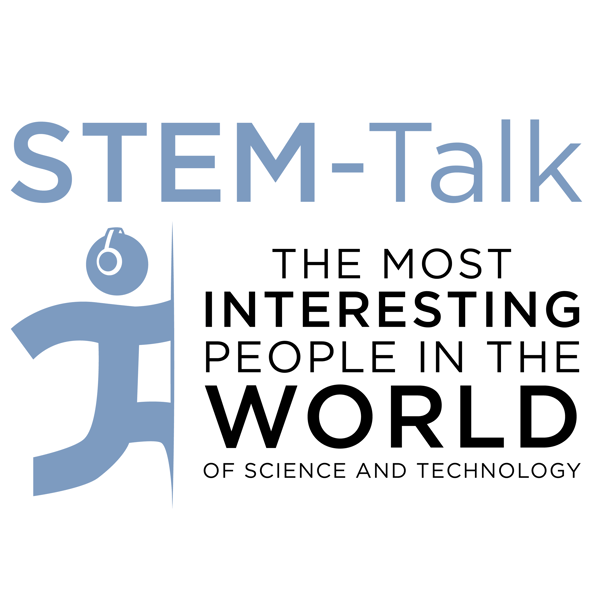Episode 181: Ken Forbus talks about AI and his development of the Structure Mapping Engine
STEM-Talk
Dawn Kernagis and Ken Ford
4.6 • 694 Ratings
🗓️ 13 May 2025
⏱️ 86 minutes
🧾️ Download transcript
Summary
Transcript
Click on a timestamp to play from that location
| 0:00.0 | Welcome to STEM Talk. |
| 0:01.0 | Stem Talk. |
| 0:02.0 | Stem Talk. |
| 0:03.0 | Stem Talk. |
| 0:04.0 | Stem Talk, where we introduce you to fascinating people who passionately inhabit the |
| 0:12.0 | scientific and technical frontiers of our society. |
| 0:16.0 | Hello, I'm your host, James Allen, and joining me today to introduce today's podcast is the man behind the scenes, Dr. Ken Ford, IHMC's founder and chairman of the Double Secret Selection Committee that selects all the guests who appear on STEM Talk. |
| 0:31.8 | Hi, James, great to be here, and thank you for agreeing to co-host today's interview. |
| 0:37.3 | James is a long-time friend |
| 0:39.3 | and was an associate director here at HMC until he retired a few years ago. James is an AI |
| 0:44.8 | pioneer and was a founding fellow of the Association for the Advancement of Artificial Intelligence. |
| 0:50.8 | Back in 2022, James also was named a fellow by the Association for Computational Linguistics, |
| 0:57.0 | an organization that studies computational language processing, a field that James helped to pioneer. |
| 1:03.0 | And as you'll soon learn, he is the perfect co-host for today's interview. |
| 1:07.0 | I'm so glad to be here, Ken, especially to interview someone I've known for a long time. Dr. Ken |
| 1:13.2 | Forbus. Ken is the Walter P. Murphy Professor of Computer Science and a professor of education at Northwestern University. |
| 1:20.6 | He's also a fellow of the Association of Advancement for Artificial Intelligence and was the inaugural winner of the Herbert A. Simon Prize for advances in cognitive systems. |
| 1:31.3 | He's well known for his development of the structure mapping engine, which is a computer simulation of analogy and similarity comparisons, |
| 1:38.3 | which helped pave the way for computers to think like humans. |
| 1:42.3 | But before we get to our interview with Ken, we have some housekeeping to take care of. |
| 1:47.5 | First, we really appreciate all of you who have subscribed to STEM Talk, |
| 1:53.0 | and we are especially appreciative of all the wonderful five-star reviews. |
... |
Please login to see the full transcript.
Disclaimer: The podcast and artwork embedded on this page are from Dawn Kernagis and Ken Ford, and are the property of its owner and not affiliated with or endorsed by Tapesearch.
Generated transcripts are the property of Dawn Kernagis and Ken Ford and are distributed freely under the Fair Use doctrine. Transcripts generated by Tapesearch are not guaranteed to be accurate.
Copyright © Tapesearch 2025.

